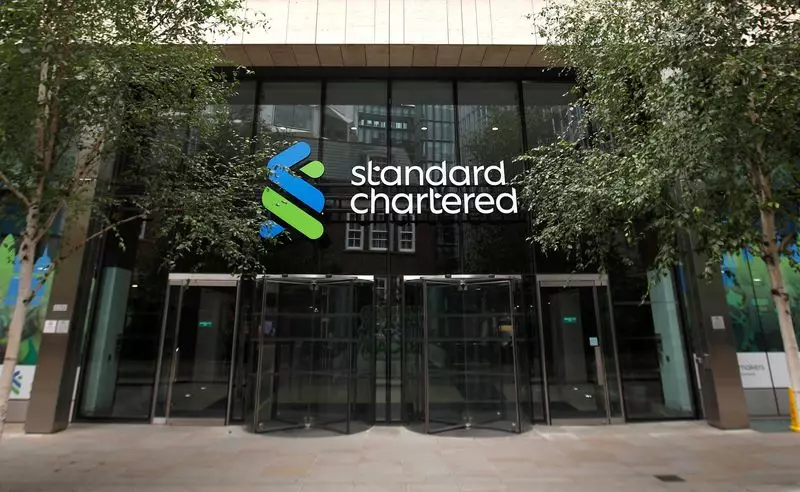The recent sanction imposed on Standard Chartered by Zambia’s Securities and Exchange Commission (SEC) illuminates the ethical and regulatory dilemmas facing financial institutions in emerging markets. As the bank attempts to navigate the fallout from its involvement in mis-selling bonds tied to a troubled Chinese property company, the incident underscores the importance of transparency and fiduciary responsibility in the banking sector. The SEC found that the bank failed to disclose crucial information about the risks associated with bonds issued by Sino-Ocean, a state-backed developer that has since defaulted. This decision is emblematic of broader challenges in the global banking industry, where accountability is often overshadowed by profit motives.
Investigative Findings
According to reliable sources, the SEC’s investigation uncovered two critical breaches by Standard Chartered. First and foremost, the bank did not provide material information about the bonds they marketed to their clients. By selling these bonds without adequate risk disclosure, Standard Chartered compromised its clients’ ability to make informed investment choices. Additionally, the use of “exclusionary” contract clauses meant that clients bore all the risks, contradicting Zambian securities laws designed to protect investors. Such actions not only lead to severe financial repercussions for investors but also damage trust in banking establishments.
As per the Zambia SEC’s guidelines, Standard Chartered now has a limited timeframe to appeal this ruling. The regulatory authority, empowered under Zambia’s Securities Act, has various penalties at its disposal, ranging from fines to censure, although it lacks the ability to mandate customer compensation. This limitation raises concerns about the effectiveness of regulatory frameworks in ensuring accountability among financial institutions. While it is yet unclear what exact penalties might be imposed, the incident signals a turning point in how banking practices are scrutinized, particularly in under-regulated markets.
In the wake of these developments, Standard Chartered has expressed a desire to contest the SEC’s findings. Their statement reflects a commitment to regulatory compliance while hinting at an internal review of their practices. However, this reaction may not be enough to restore confidence among local and international stakeholders. Notably, while the bank has been operating in Zambia for nearly 120 years, it is currently in the process of divesting from its wealth and retail banking operations in the country, alongside similar moves in Botswana and Uganda. This strategic retreat from the region is indicative of a larger trend—international banks are reassessing their positions in Africa amidst tighter regulations and increasing scrutiny.
The repercussions of the Standard Chartered case extend beyond the confines of the Zambian market. This incident serves as a critical reminder of the need for greater regulatory oversight and the necessity for banks to prioritize ethical practices over short-term gains. In a world increasingly concerned with transparency and accountability, institutions must adapt to survive. The fallout from this scandal could deter investors from engaging with financial entities that show a lack of adherence to ethical standards. Ultimately, it is imperative for banks to cultivate a culture of responsibility, ensuring that client interests are aligned with corporate strategies. As the global banking landscape continues to evolve, firms need to take proactive steps in revitalizing trust and integrity in their operations.

